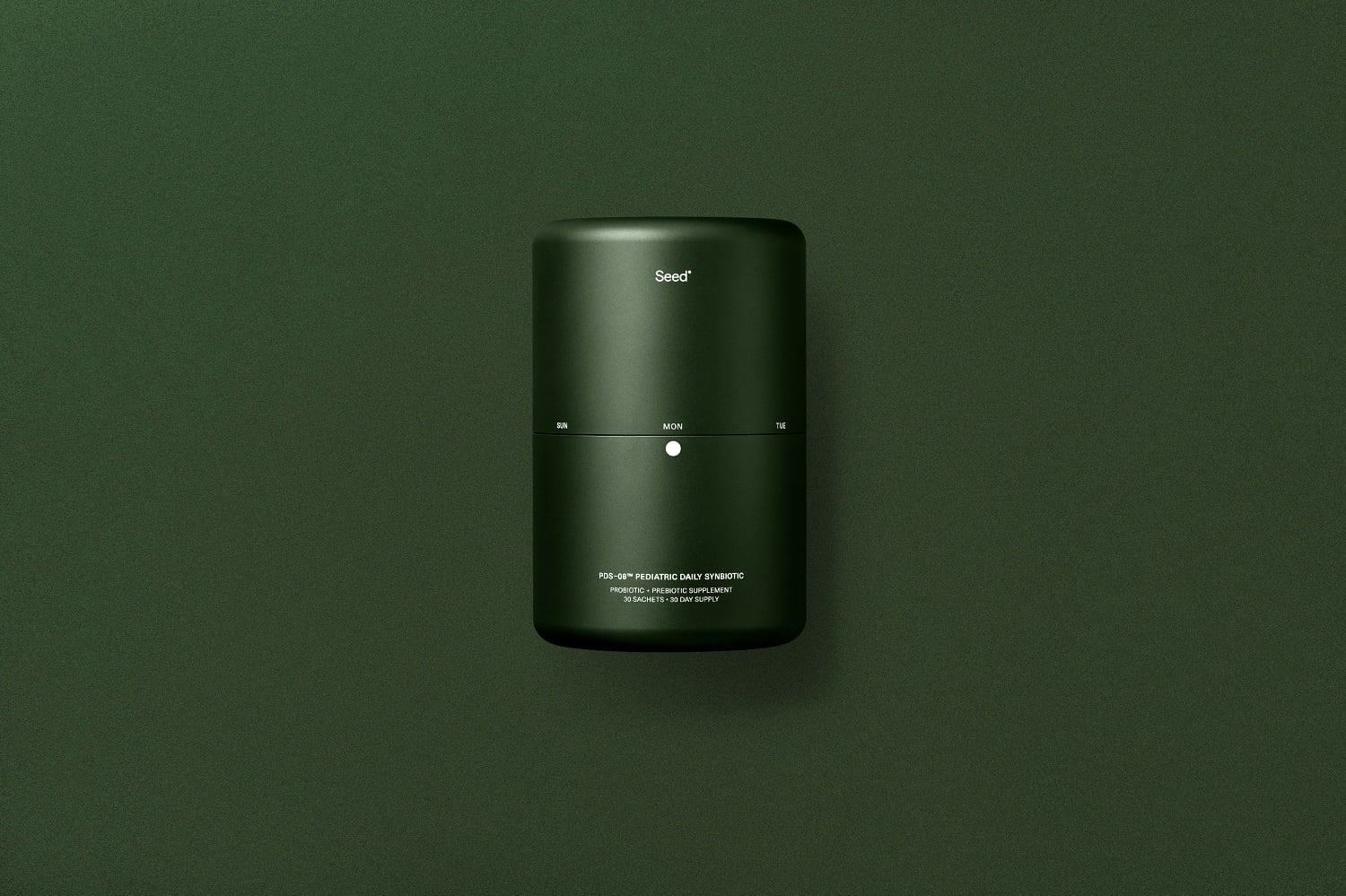The study demonstrates the clinical potential of Seed Health’s first pediatric synbiotic offering, PDS-08 Pediatric Daily Synbiotic,
The new trial included 64 children who were randomly assigned to receive either the Seed Health’s pediatric synbiotic, PDS-08, or placebo (n=31) for 84 days. The trial analysis employed state-of-the-art bioinformatics from the Mason Lab at Weill Cornell Medicine, which specializes in next-generation sequencing, functional genomics, and algorithms to elucidate human disease mechanisms.
Data from the study showed that children experiencing intermittent constipation (less than 5 bowel movements a week) saw an increase in weekly bowel movements without any observed side effects or gastro-intestinal (GI) distress (such as pain, bloating, gas, diarrhea). This is considered a significant finding considering as many as 30% of children struggle with intermittent, constipation-related GI distress.
“While previous research has suggested that probiotic intervention may affect the GI system in a pediatric population, data have been inconsistent, with most studies conducted in neither a randomized nor placebo-controlled setting,” said paper co-author Dr. James Versalovic, Pathologist-in-Chief at Texas Children's Hospital, Director of Texas Children's Microbiome Center and Seed Health Scientific Board member.
“These findings represent the next frontier in probiotics and deepen our understanding of the pediatric gut microbiome.”
The data is published in Pediatric Research, the official journal of the American Pediatric Society, the European Society for Paediatric Research, and the Society for Pediatric Research.
The product

The study used Seed Health’s pediatric synbiotic, PDS-08, which was launched earlier this year. The product is reported to be the first multi-strain synbiotic to include the pioneering strains, Ligilactobacillus salivarius LS01 (DSM 22775) and Bifidobacterium breve B632 (DSM 24706), which were evaluated in a randomized, placebo-controlled, double-blind trial in over 400 school aged children with respiratory difficulties.
The other strains used in the PDS-08 product are: Bifidobacterium breve BR03, B. lactis BPL1, B. longum ES1, Lacticaseibacillus (formerly Lactobacillus) casei BPL4, L. rhamnosus GG, Lactobacillus acidophilus NCFM, and B. animalis subsp. lactis Bi-07.
“As a parent, I know how physically and emotionally detrimental GI symptoms can be for children, and how challenging it can be to find a solution that works,” said Ara Katz, Seed Health co-founder. “We’re inspired to not only advance the scientific rigor in children’s probiotics, but to also introduce an intervention with the potential to meaningfully impact the quality of life for children, caregivers and families.”
Study details
The new study included children aged between 3 and 17 and randomly assigned to the synbiotic or placebo for 12 weeks. The study showed that the number spontaneous weekly bowel movements in children taking the synbiotic significantly increased, compared to placebo. Children in this group were also four times as likely to experience an increase of two WBMs, compared to placebo.
Metagenomic shotgun sequencing showed that PDS-08 was associated with significant enrichment in Bifidobacterium in the guts of the children receiving the test product. Sequencing also demonstrated the persistence of all probiotic species over the course of treatment.
Importantly, the researchers did not report any adverse effects or accompanying GI distress in the children receiving the synbiotic.
Applying computational analysis to probiotic innovation
“Gut microbiome composition plays an essential role in bowel movement regulation, but existing solutions do not consider nor target this pathway,” said Raja Dhir, Seed Health co-founder and contributing author of the study.
“With sophisticated computational analysis and robust clinical testing, we unlock a greater understanding of microbial ecology and how we might leverage microbial innovations to address some of our most pressing and unmet needs for both adults and children.”
Source: Pediatric Research
2022, doi: 10.1038/s41390-022-02289-0
“Functional response to a microbial synbiotic in the gastrointestinal system of children: a randomized clinical trial”
Authors: B.T. Tierney, J. Versalovic, et al.





